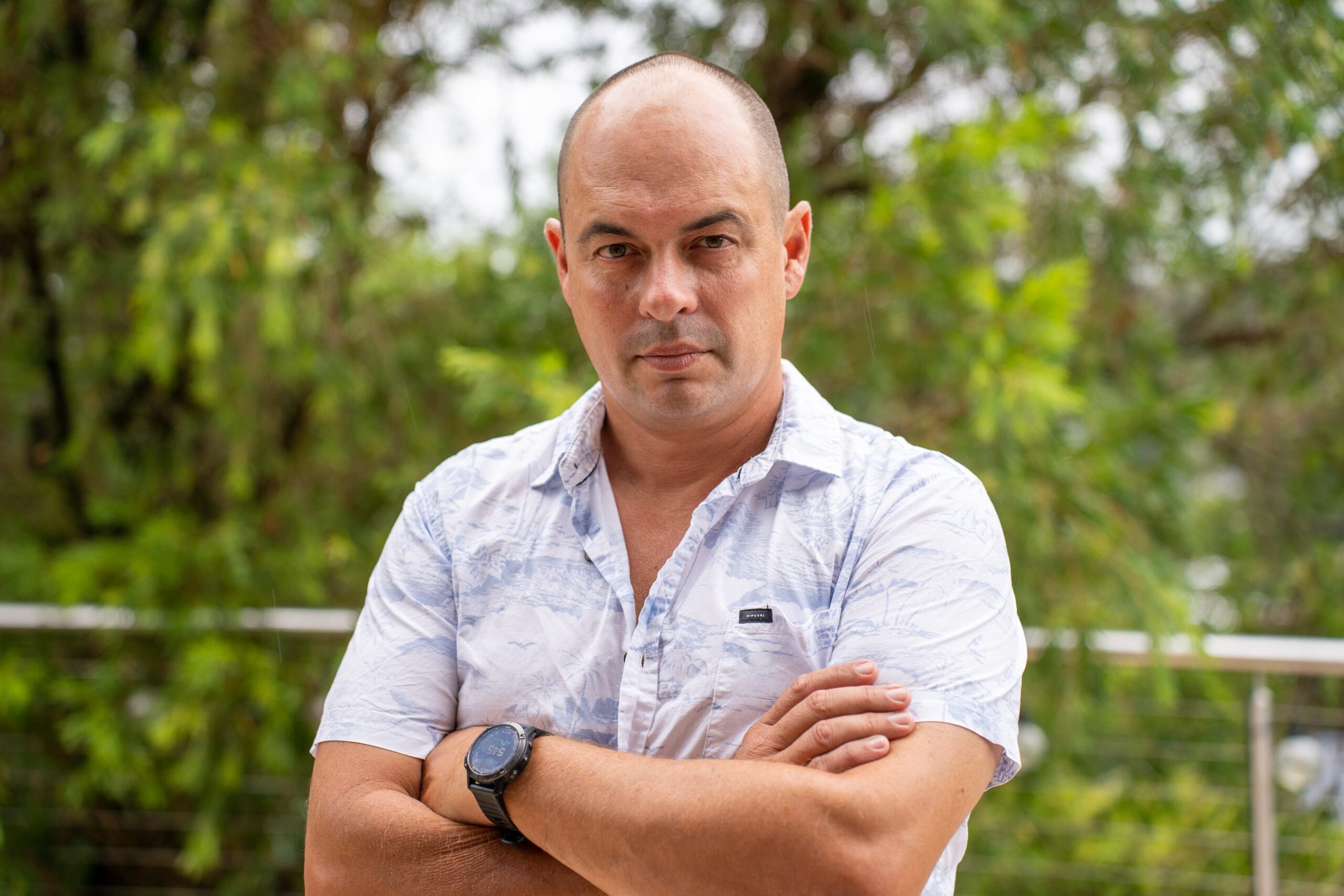How to handle bad news
David Burke-Kennedy shares advice on what to do if your business suddenly finds itself a target of the media. Could you handle adverse publicity?
950
By David Burke-Kennedy.
What would be the worst publicity scenario for you and your company: an industrial fatality; a product that becomes an environmental or health hazard; a company fraud affecting public confidence; late-night office shenanigans involving staff videoed by pub patrons across the road and posted to media?
Whatever your nightmare, how would you handle potentially adverse publicity if the worst happened right now? What would you say to news media which somehow gets wind of it within minutes thanks to somebody’s tweet, and want answers to questions now like – is your plant unsafe? Is your organisation reckless? Can the public have faith in your processes?
And now Duncan Garner’s producer is on the line to talk to you or whoever’s responsible. 3News is on the way – along with Fairfax and NZME reporters. How will you ensure your reaction doesn’t turn your reputation and business to ashes?
It may all sound 'far fetched', but the reality is that many unexpected events are 'far fetched'. They can range from a staff member’s racial slur on a customer to an OSH and workplace fatality – even a terrorist attack or bombing (I know company managers who have experienced all of these).
Most organisations are not ready for a crisis of any sort. In my experience, many do not have a disaster management plan or a trained or experienced spokesperson to front up to reporters. And it becomes evident when the first coverage hits the media.
That coverage can be almost instantaneous thanks to Facebook and Twitter postings from almost anyone.
The telephone or face to face interview can be online in minutes, before making print or electronic news nationally or beyond if the story’s that big or it’s a quiet news day. And then there’s talk-back and the inevitable Twitter and Facebook speculation and misinformation.
Some things to consider before it happens: Do you have a media and crisis management strategy? Are you prepared for things that come out of left field? Who will talk? Your spokesperson should be able to think on his/her feet. As an example, consider an unexpected event happening in your offices – without you having the facts. How do you respond to those first phone calls? Honesty is essential – reporters will discover untruths! They’ll scour your website and Google your history.
The worst thing you can do if you’re in a corner is deliver a “no comment” – because that raises questions about you having something to hide. And if you do – someone is sure to find out. So if you don’t have an answer, say so; be an 'answer go-getter' and get back. Know your subject. Keep responses short and relevant. If possible note the name of the people who contact you for future reference. Avoid written responses – make notes for verbal responses if needed. Monitor media to help respond to and manage a crisis.
Consider your response to potentially awkward situations and crisis issues – ranging from environmental, employee, community, etc and discuss with your colleagues. I saw one company backed in to a corner over an offhand inappropriate remark to a reporter from a staff member that gained traction and inflamed environmental groups. What’s your policy on staff talking to media, tweeting or Facebook posting about your business?
On a less frantic note, if you’re releasing information – call it a “news release” or “information” as opposed to “press” release. Keep it short, what, when, where, why, and who. Do not try to write it in what you think is story style or quote people. Just lay out facts with the 'news' in the first sentence. Writing is the media’s job; unless you know how to write or structure. And do not embed a photograph – no one is likely to use it.
Media operations and news coverage have changed from the old ‘reporter with a notebook’ days. The news gathering tools you’ll encounter now range from iPhone to digital recorders and iPads able to email interviews, so coverage is almost immediate. A newspaper reporter may share video with radio and vice versa.
Here’s how news is gathered:
Newspapers: Generally record interviews by phone but reporters on location may also now record/video using a device where there is no photographer. Stories may be written and emailed to the newsroom to go online (Apps, website, Twitter, Facebook) within minutes. Some newspapers have studios to film /photograph feature interviews.
Radio: Most interviews are via phone, recorded then edited for sound bites 5-20 seconds in duration. Longer interviews on a programme may be edited into sound bites for later news use. Significant stories will be rewritten from different angles for variation over the life of the story over several bulletins. Some news will not make radio due to bulletin durations on different stations or relevance to audience. For example, there is less news for younger audiences (1-2 mins) to 3-4 mins for a news station. Stories vary in length from 15 seconds (35-40 words) to 45 seconds – with different takes/comments for a major issue.
Television: TV doesn’t tell; it shows – on screen and on the web. It can also be aired simultaneously on radio – as now happens with the Paul Henry Show and 3News simulcast. If an item is filmed on location, it’s because it warrants the cost and there’s more than talking heads. If a story can’t be shown or supported with interesting pictures/video it’s probably not for TV. But it may still get coverage on a website.
As you can see, the communications world is life but not as we know it. If it all sounds too challenging, consider professional training for you and/or colleagues. Some industry organisations now organise workshops for key people covering not only media but business presentations (without groan-inducing Powerpoints).
When it comes to managing a crisis it pays to be prepared.
Broadcaster/journalist David Burke-Kennedy has international business marketing experience, and his agency www.dbk.media delivers PR/marketing support, media and presentation workshops. Email [email protected]





